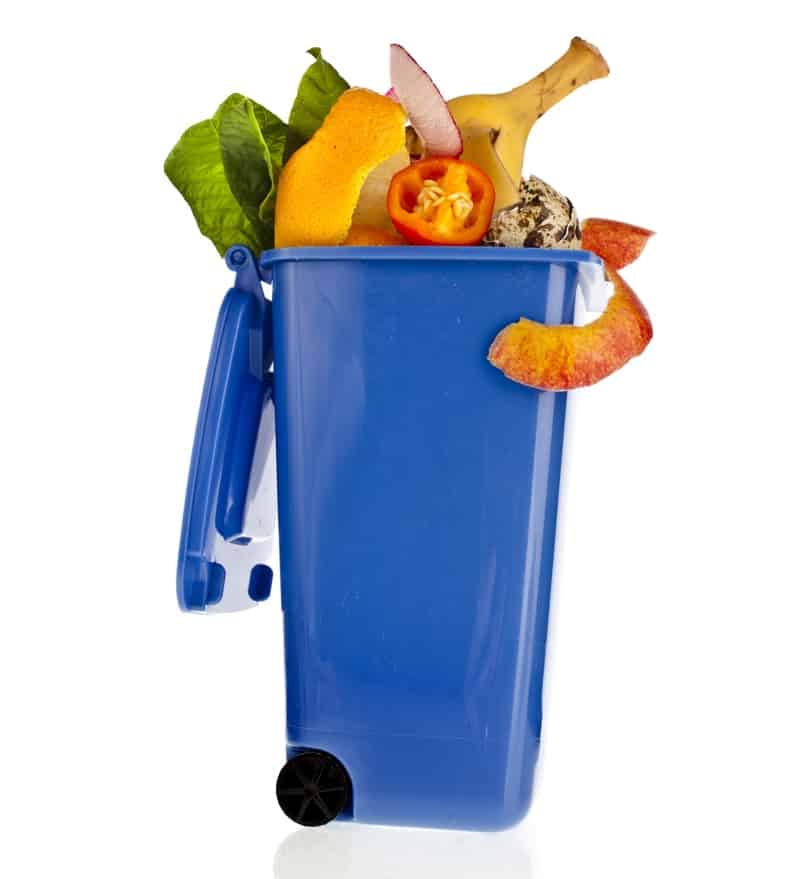How To Stop Food Waste
In light of Stop Food Waste Day on April 28th, we are sharing our tips and tricks to waste less food. We’ve all been guilty of this at one point or another, but reminding ourselves of the impact food waste can have not only on our wallets but also on the environment can be a big motivator to do something about it. We have lots of information here on how to stop food waste. Don’t worry, this is all about progress, not perfection, so start by trying 1 or 2 tasks from each section and see how it works for you and your lifestyle. Then, from there new habits will start to form and it will be like second nature. Any effort is important, and we applaud you!
 Preventing Food Waste While at the Grocery Store
Preventing Food Waste While at the Grocery Store
- Plan out what you intend to make for the week so you can cross-utilize ingredients and prevent anything from being half-used.
- Get comfortable with buying some “ugly” produce or shopping from the sale bins of items that are running out of shelf life. These items are perfectly fine to eat and you just saved them from going into the garbage.
- Shop the bulk section, so you only get exactly how much you need.
- Check the dates on items when purchasing, to make sure they will still be good when you intend to use them.
- Familiarize yourself with the difference between “sell by”, “best by”, and “expiration date”. They may seem similar but they are very different.
- “Sell by” means that the store must sell the product by then, but depending on the item, it could be used for at least a few days past that (like milk) or frozen (like meat).
- “Best by” means that for the best possible flavor, to eat the product by that date, however, it will still be perfectly safe to eat after, it just may not pack the punch it once did.
- “Use by” or expiration dates are usually hard and fast dates to say this product is no longer good and it may be best to dispose of that item to avoid food-borne illness.
Preventing Food Waste at Home
- Familiarize yourself with how certain foods should be stored to optimize their shelf life.
- For example: wrapping uncut celery in aluminum foil will help it to keep firm and crunchy for weeks.
- Batch cook meals and store them in the refrigerator to eat for the week or in the freezer to be used later down the road.
- You can blanch and freeze some foods. Or, you can try pickling perishable items. These are both natural preservation methods to prolong the life of fresh foods.
- Set a goal to make all of your meals at home a certain number of days per week. This will help make sure you fully utilize what you have stocked in your refrigerator and pantry.
- Turn overripe fruits into something new. Try making homemade jam or banana bread. You can also throw them into the freezer to add to a smoothie.
- Eat the skins! Many fruits and vegetables have skins we often discard. While there are definitely some you can’t eat, there are many that you certainly can! Potatoes, apples, eggplant, zucchini, and cucumbers all have skins very high in fiber and nutrients. But did you know you can also eat the skins of mangoes, kiwis, oranges, and watermelon rinds too?!
- Use food items for body and skincare. Mix avocados that are starting to turn bad with honey and apply as a vitamin-packed face mask. Or if you are using egg whites, save the yolk to use as a nutrient-rich hair mask.
Using The Inedible Scraps
- Save trimmings from cut-up vegetables and herbs in the freezer. When you have enough, cook everything down then strain it. The result is a flavorful and nutrient-packed stock to use for soups and stews.
- Use trimmings from cut-up vegetables, fruits, and more for compost in your garden. There are many compact compost containers you can leave inside your house or you can build a compost container outside in your yard.
Use the peels from your citrus to grind up in your garbage disposal. The citrus oils make for a delightful smell. You can also make your own natural spray cleaner.
[print-me]
